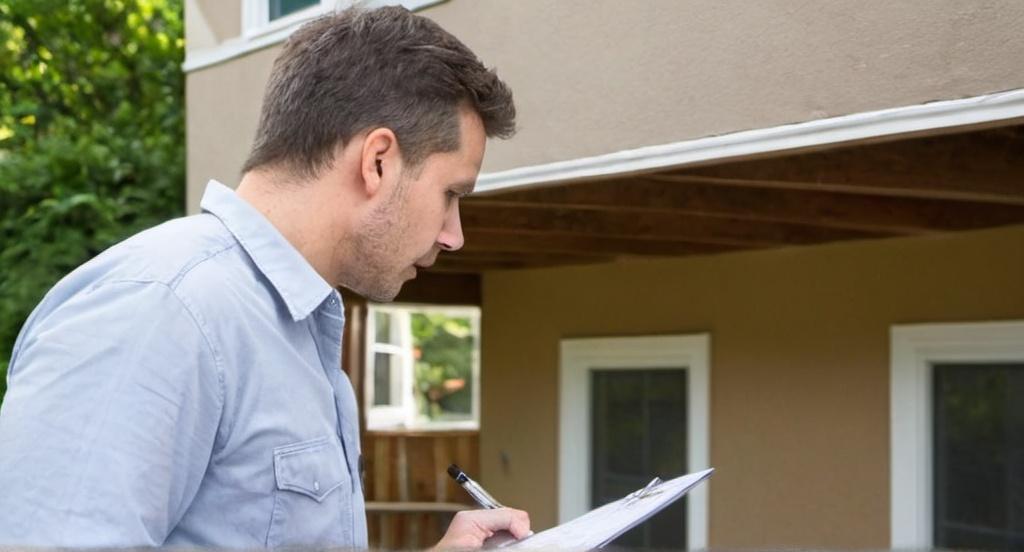Key Take Aways about Common Mistakes That Can Ruin a Real Estate Flip
- Avoid over-renovating; ensure upgrades match neighborhood expectations.
- Understand the market: know buyer preferences and area trends.
- Accurately estimate costs, including hidden expenses and unexpected repairs.
- Consider professional help for complex tasks to ensure quality and safety.
- Plan for realistic timelines, accounting for potential delays.
- Choose the right location; it’s crucial for resale value.
- Success in flipping requires strategy, patience, and sometimes, luck.

Avoiding Common Mistakes in Real Estate Flipping
Flipping a house can sound like a dream venture when you hear stories of folks making a tidy profit turning a fixer-upper into a polished gem. However, a few wrong turns and that dream could turn into a financial fumble. Understanding the common pitfalls in flipping could be the key to keeping your project—and your finances—afloat.
The Temptation of Over-Renovating
One of the most inviting traps when flipping is the temptation to over-renovate. Sure, adding a hot tub or installing Italian marble floors sounds enticing, but it could be money down the drain if it doesn’t match the neighborhood’s vibe. Homebuyers might not be willing to pay extra for those features if they’re over the top for the area.
Importance of Knowing the Market
Understanding the market is as important as selecting the right color for your walls. Skipping this step is like wandering into the desert without water. You have to know what buyers want, what they’re willing to pay, and what similar properties in the area look like before swinging that hammer. Ignoring market trends is a surefire way to leave you with a house that has more character than a Dickens novel but zero offers.
Underestimating Costs
A classic blunder is underestimating costs. Think you can flip a house with just a few buckets of paint and a toolbox from your garage? Think again. Hidden issues like faulty wiring or shaky foundations can gobble up your budget. People often forget that expenses can snowball and suddenly you’ve got a financial avalanche on your hands.
Hidden Costs Galore
From permits to contractor fees, flipping isn’t just about the cost of a house and some hardware. It’s the sneaky little extras that hit your wallet like a surprise tax bill. Skimping on your budget for those expenses could have you scrambling to keep your project from stalling.
The DIY Dilemma
Doing it yourself can seem like a great way to save cash, but unless you’re a renovation whiz, some jobs are best left to professionals. Installing electrical wiring or redoing plumbing isn’t just about saving money, it’s about safety. Shoddy work can come back to haunt you faster than you can say “inspection failure.”
The Role of Professionals
Whether it’s a real estate agent, contractor, or a home stager, their expertise can mean the difference between a sold sign and a house that lingers on the market like last year’s holiday decorations. Having a pro in your corner is like having a seasoned tour guide through a maze—worth every cent.
Lack of a Realistic Timeline
The idea of flipping a house quickly is enticing, but often unrealistic. Delays are part and parcel of renovations, thanks to everything from permit approvals to unexpected repairs. You need a plan with room to wiggle; otherwise, the project might drag on longer than your patience.
How Time Impacts Cost
Time is money, friend. The longer you hold that property, the longer you’re paying mortgage, utilities, and insurance. It’s a balance of getting things done right and getting them done fast enough. A sluggish pace can eat away at profits like rust on a vintage car.
Poor Location Choice
You might think you found a diamond in the rough, but location is king in real estate. A great flip in a not-so-great location can turn your investment into a money pit fast. Even the shiniest new fixture won’t matter if the neighborhood doesn’t attract buyers.
Understanding Location Value
Choosing a prime location can do wonders for resale value. It’s about schools, amenities, and the potential for growth. A spot that screams opportunity is worth its weight in gold, so scouting the perfect locale isn’t just a step in the process—it’s the foundation.
In the end, flipping isn’t a get-rich-quick scheme, it’s more like a chess match. You need strategy, patience, and maybe just a tiny bit of luck. Dodging these common pitfalls means you’re not just flipping a house—you’re making a savvy investment.